Blog
A Perspective on Islam

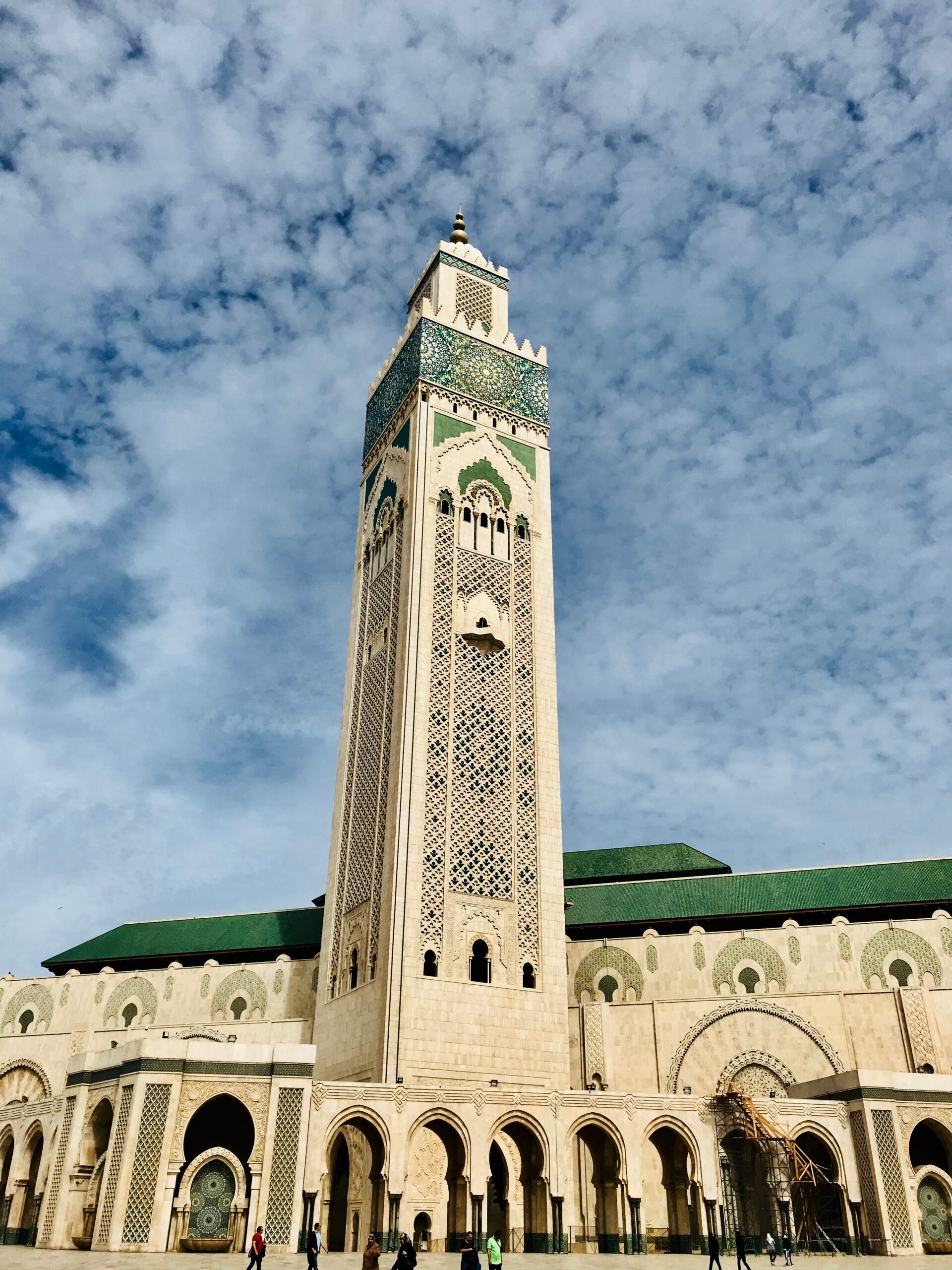
A Perspective on Islam
March 27, 2018
“We all worship the same God”. These were the words of my guide at the Pyramids of Giza. I’ve heard this many times over by others, having spent the last 2 months in countries where Islam is a dominant religion. Through engaging discussions with people I met (and a lot of questions on my part), I confronted my ignorance.
Like other religions, with Islam you will find a wide spectrum of religiosity – from agnostics to fundamentalists. While those with whom I spoke were on various sides of that spectrum, their insights on being Muslim were fairly consistent.
According to Pew Research data, Islam is the second largest religion in the world, constituting about a quarter of the population. It is growing at rapid pace and is likely to surpass Christianity as the largest religion by mid-century. Yet, of the major world religions, it’s probably the least understood.
I’m about to make a lot of general statements that obviously don’t apply to everyone. But, I do believe they are common enough to confront. As non-Muslim Americans, we almost exclusively learn about extremism as it relates to Islam. The media and our own community circles perpetuate this message. As a society, we have formed judgments based on what we are taught – that extremism is inherent in the Islamic religion. The fact is that extremism exists in every religion and dates very far back in history.
Had you asked me two months ago about my perception of Islam, I would have had to admit that I did not understand the belief system enough to comment intelligently. I was not even aware of the five pillars of Islam.
I met many Muslims over the past three months who have enlightened me. And what I’ve learned is fascinating. Islam has different denominations with the largest (around 85-90%) being Sunni. Sunni Islam has no formal religious hierarchy. Muslims believe in serving God and not an institution. The focus is on personal responsibility to God and the community. The Imam, who leads worship services, is a member of the community selected by the people. The belief is that everyone has a direct connection to God. There is no authoritative source for interpreting the teachings, such as the Pope in Catholicism, to serve as an intermediary.
There is much overlap within the five pillars of Islam as with other world religions. They are as follows:
Shahada: belief in one God and the Prophet Mohammed as God’s messenger. This is at the core of the religion.
Salah: prayer five times a day. Both men and women pray at specific times throughout the day facing Mecca. Men should pray in the mosque, when possible. Women are welcome to pray in the mosque but are not required.
Zakāt: alms-giving to those in need. Zakat is religious obligation, not charity. Muslims are expected to distribute 2.5% of their total wealth to the poor in the community.
Sawm: fasting during the month of Ramadan. Symbolizing self-control and compassion for those less fortunate, fasting takes place from sunset to sunrise during the month.
Hajj: pilgrimage to Mecca at some point in one’s lifetime if physically and financially possible. Mecca, the holiest city in the religion, is the birthplace of the prophet Mohammed.
By in large, the people I encountered have been kind and incredibly humble. It is hard not to correlate this with the pillars on which their faith is built. Though, my view is that religion may serve as a strong influence on the character of a person but it rarely defines the person. I’m proud to say that these experiences have made me a little less ignorant. I hope that this piece inspires you to open your mind and expand your circle of Muslim friends. If you challenge your own biases, you may just become a little less ignorant too.
Discover more from diannajacob.com
Subscribe to get the latest posts sent to your email.
Recent News
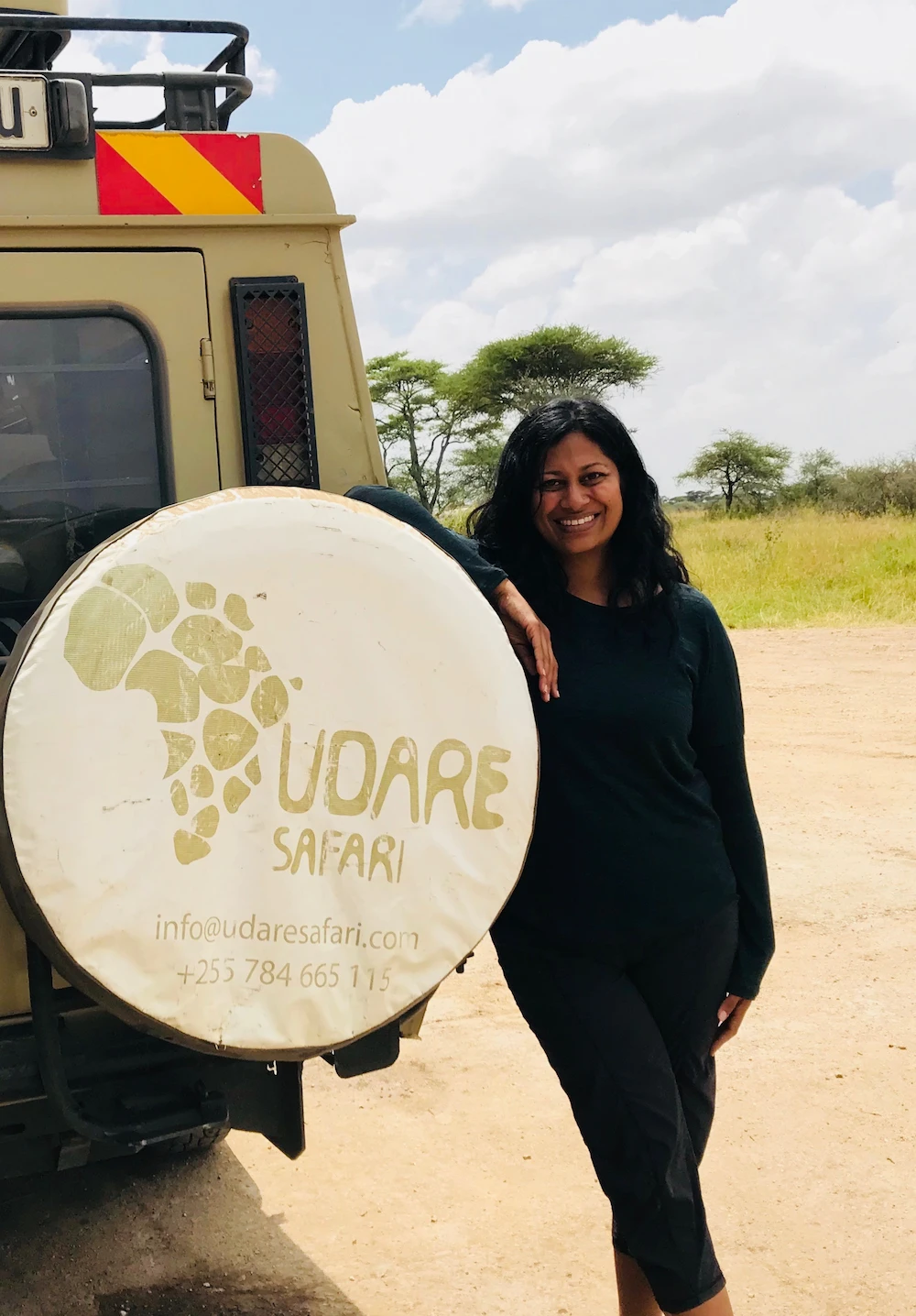
About Dianna
May 29, 2024

On Being Single and Child-Free
July 31, 2022
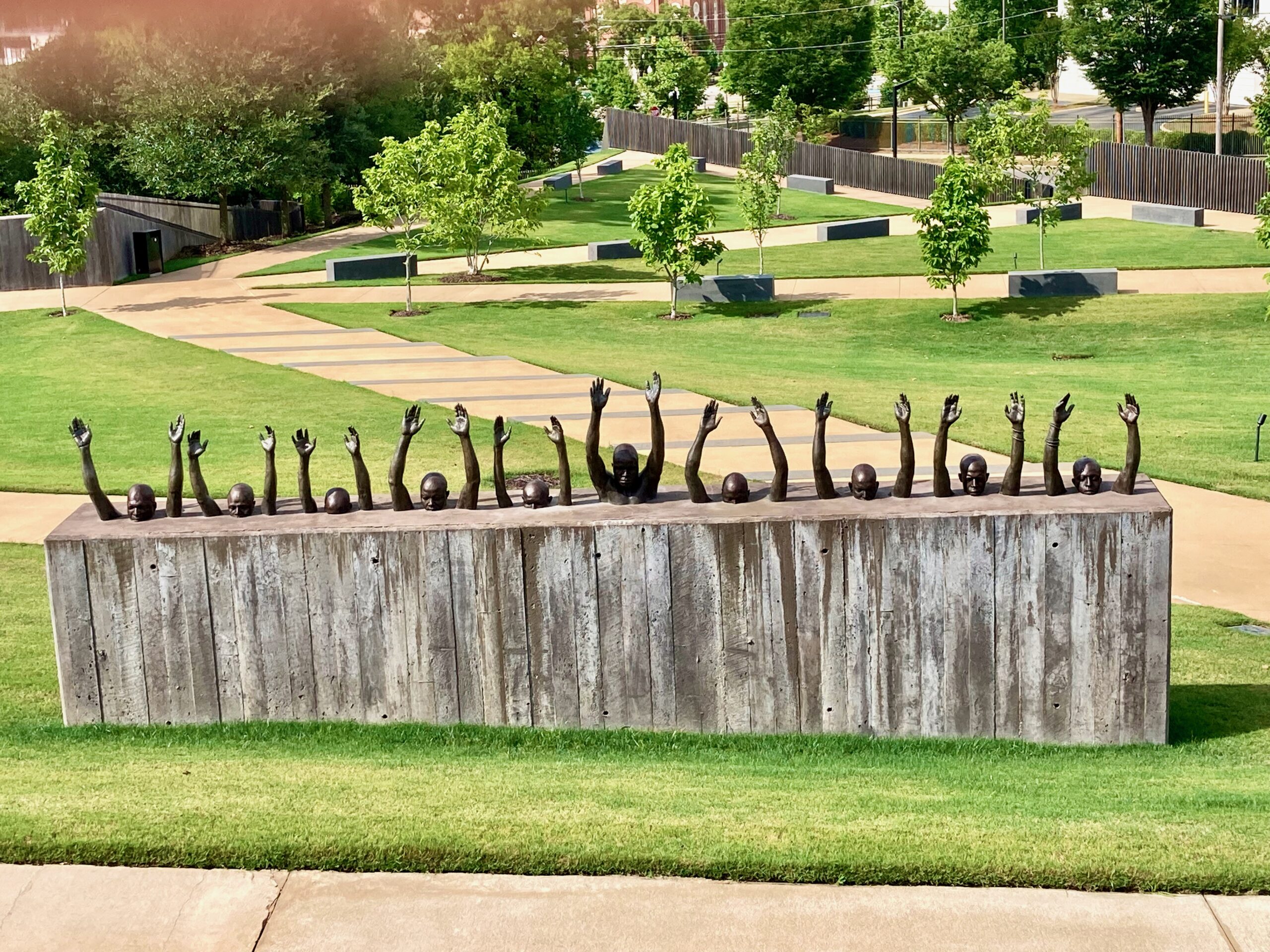
Relearning American History: A Self-Guided Tour of the South
July 7, 2021
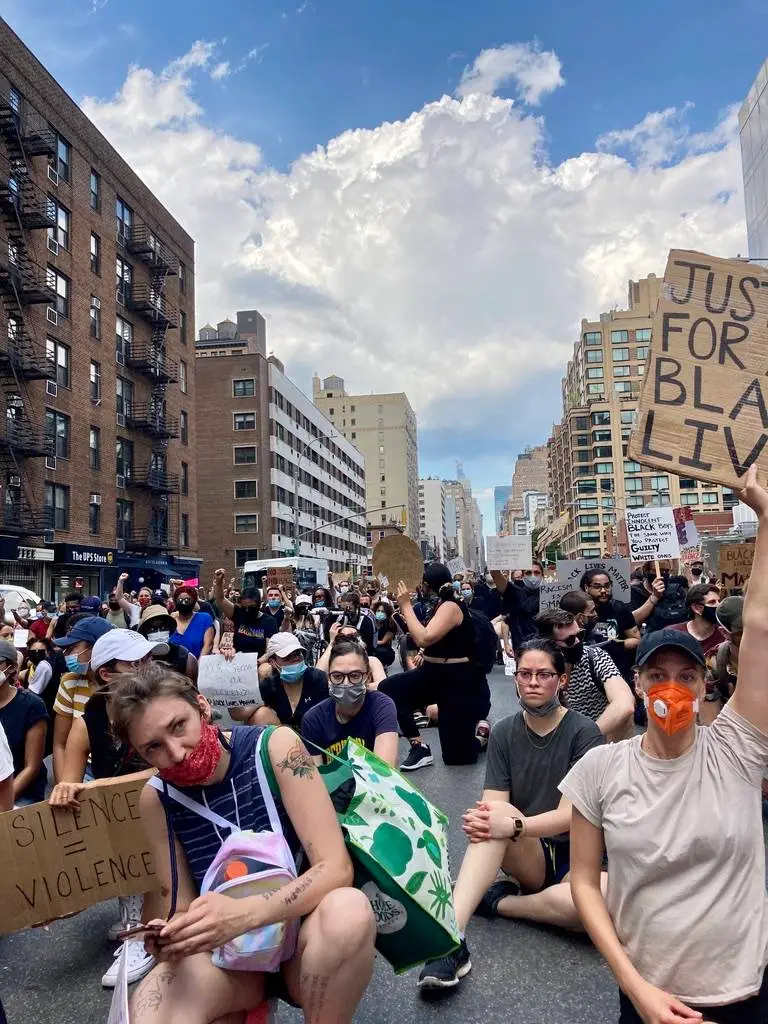
Racism: A Global Pandemic
June 8, 2020
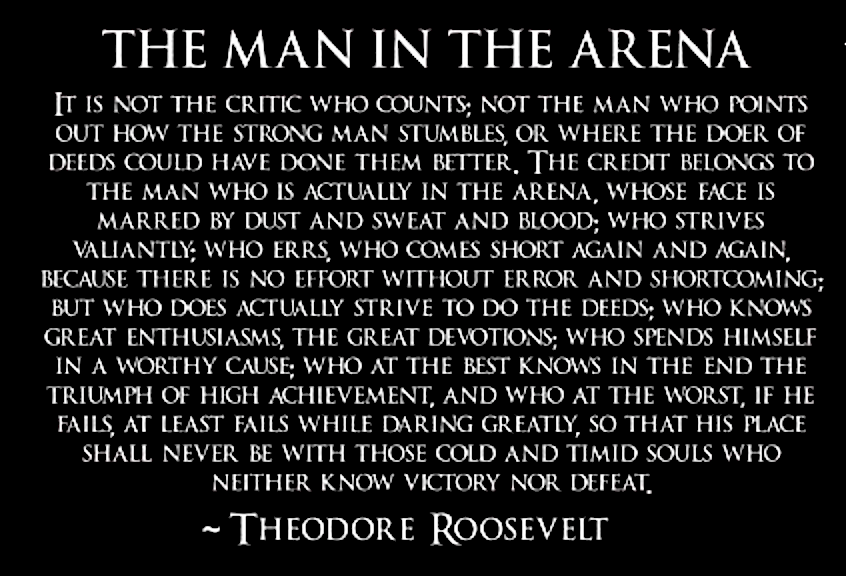
Daring Greatly
August 23, 2019
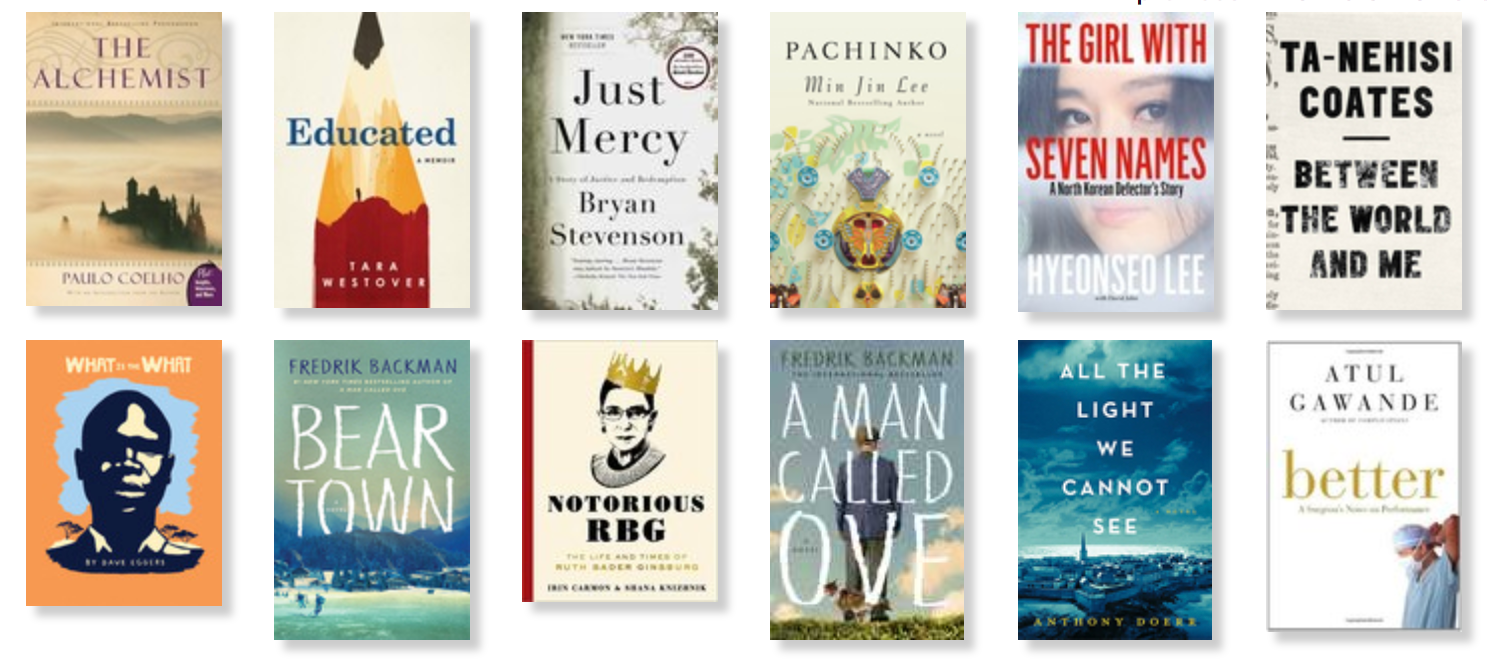
Becoming a Better Me
January 10, 2019


